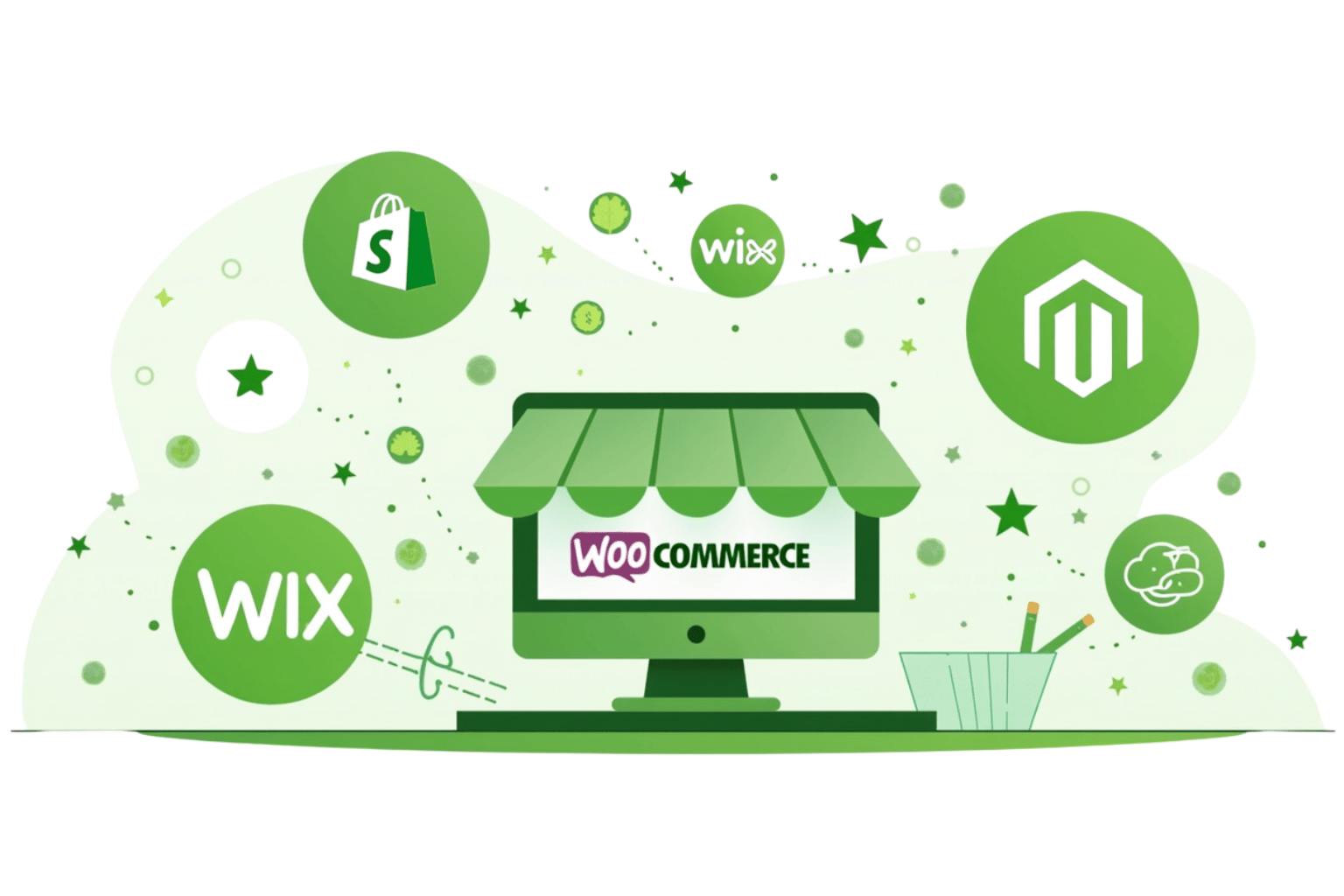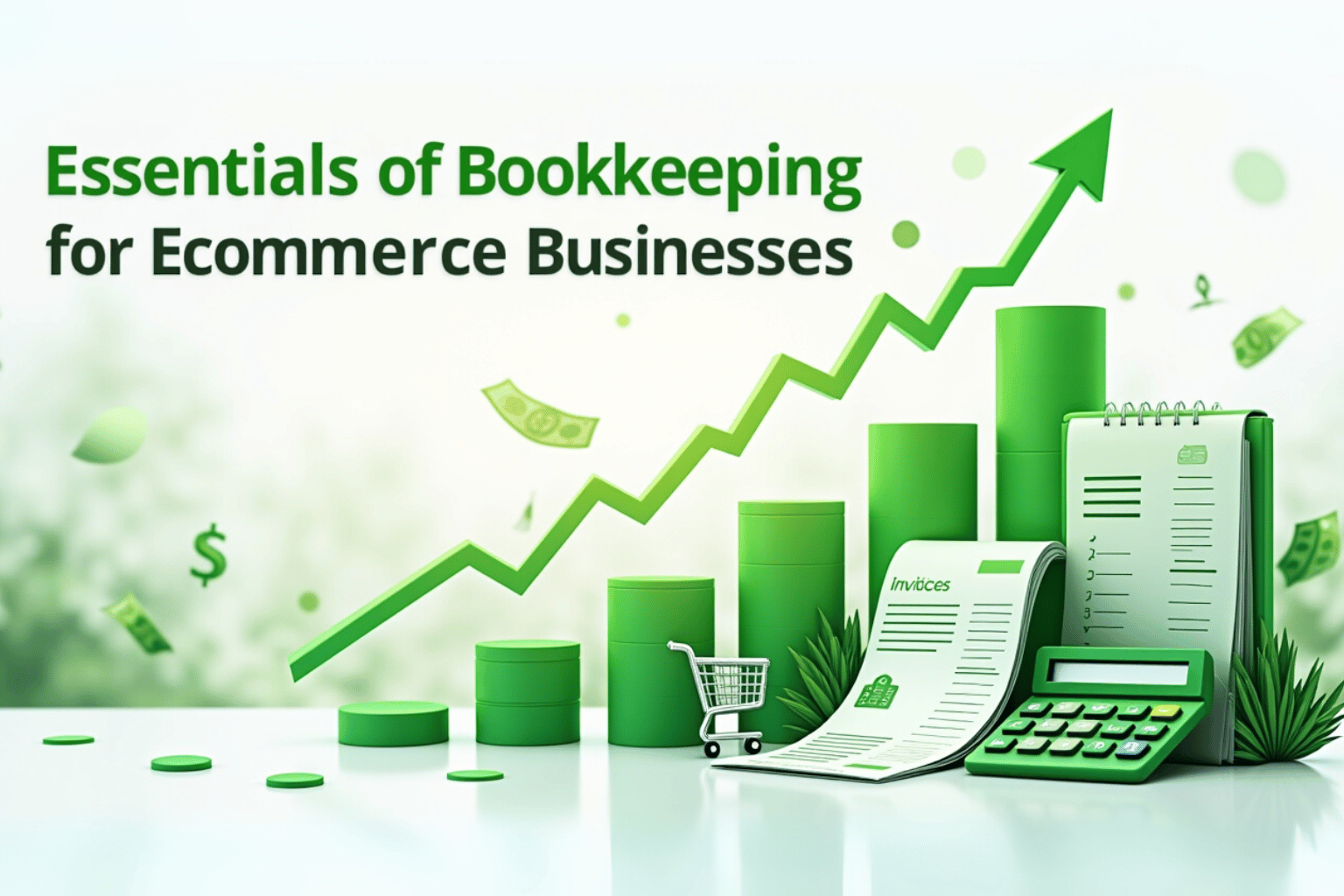
Latest Trends in Ecommerce App Development to Boost Your Sales
Latest Trends in Ecommerce App Development to Boost Your Sales
Focus on navigating latest trends in ecommerce app development that help the business scale its operations to greater heights in sales. With the growing popularity of digital shopping, the need for faster, more efficient applications has never been greater. The most recent trends in ecommerce app development can make your app more user-friendly and accessible to your clientele leading to increased use and popularity of the app. In today's highly competitive business landscape, the success of a company depends on the latest advanced technological innovations and the timely delivery of services. As a result, ecommerce app development helps businesses improve their services along with performance and efficiency. A business can make a qualitative leap to innovation.

Developing modern mobile applications for shopping is a simple and straightforward process but requireds a well-established business strategy. The latest innovations for ecommerce app development make your shopping experience simple and straightforward. Businesses need to build loyal and trusting relationships with their customers. With a well-designed strategy, customers become faithful. It doesn't matter what enterprise it is, modern mobile ecommerce app development services make every business simple. Your shopping experience is unique because businesses need to capture customesr’s attention and retain it for a long time. The need to improve productivity with the latest innovations in ecommerce app development is a goal in itself.
With a professional team, any enterprise can benefit. An absence of loyalty from the customer's side means profitability. An absence of operative strategy influences the overall system. Pursue the most favorable strategy to guarantee enduring loyalty. Navigate innovation and user-friendly ecommerce app development that guarantee productivity. Address the needs and desires and customers will detect benefits. Focus on savings and advertisers guarantee lower than the competition costs with modern mobile ecommerce app development. Establish company reputation. A company with loyal customers can affirm its position globally, mobile ecommerce app development provides users with the assistance anytime, anywhere.
1. Overview of popular ecommerce platforms (Shopify, WooCommerce, Magento, BigCommerce, Wix)
Among the many options available for setting up your online store, the best ecommerce platforms provide comprehensive solutions to your needs. Today, we will provide an overview of the best ecommerce platforms covering Shopify, WooCommerce, Magento, BigCommerce, and Wix.

Shopify
Shopify is a well-known name among online stores owners and for a good reason.
- Ease of use: With its simple and intuitive interface, Shopify is one of the best ecommerce platforms for beginners.
- Customer support: Their customer support options also make Shopify stand out.
- App Store: Shopify has a massive app store for virtually all needs, mitigating some of the problems mentioned only a minute ago.
These features definitely make Shopify one of the best ecommerce platforms.
WooCommerce
Unlike the other platforms, WooCommerce is a plugin for WordPress.
- Easy for users of WP: WooCommerce is particularly popular among WordPress users due to the seamless integration.
- Highly customizable: WooCommerce is one of the best ecommerce platforms for advanced users, as it provides high adaptability and versatility.
Magento
Magento is one of the best ecommerce platforms for larger businesses.
- Perfect for advanced users: You might be overwhelmed with all of its features and options if you are a first-time user.
- Highly rated: Magento has a very good reputation and stands out as one of the best ecommerce platforms for providing high security.
BigCommerce
BigCommerce stands out with its list of notable clients.
- Custom solutions: BigCommerce provides tailored solutions to suit the needs of larger businesses.
- User interface: BigCommerce has an excellent user interface, one of the best ecommerce platforms to provide such a feature, which makes it simple to manage all store operations.
Wix
Among the best ecommerce platforms, Wix stands out the most when it comes to website design.
- User interface: Wix is flexible in design and simple to use for creation, as it has drag-and-drop features.
- Highly rated: It has also gained a reputation for remarkable customer service.
With the above details, you should be able to make a more informed decision that is right for you and your needs and requirements. Always remember to research before choosing best ecommerce platforms for your needs, as all of the above have many positives that are compelling for new users. It is very likely that one of the other best ecommerce platforms works better for you.
2. How to Build Brand Identity in a Crowded Online Marketplace
In a world bustling with online vendors, capturing customer attention can be a herculean task. The marketplace is flooded with eCommerce brands, all vying for attention. It, therefore, becomes crucial for eCommerce brands to set themselves apart. Here, we provide useful tips for eCommerce brands to distinguish themselves in a crowded marketplace.

Finding the Target Audience
To stand out, eCommerce brands must first determine the target audience and the demographics for buying their products. To gain traction, online eCommerce brands must effectively reach their target audience.
Choose the Right Medium
Promotions can be made through various online forums in order to help through the eCommerce brands. Social media platforms, blogs and even websites can assist in making the eCommerce brands reach their audience.
Building Unique Value Proposition
In a world with various products available at the tips of a finger, standing out can be a challenge. To be recognized, eCommerce brands should devise a Unique Value Proposition (UVP), which can assist in getting customer recognition. eCommerce brands should be known for something unique which can bring in additional value to the brands.
Brand Voice or Tone
Brand voice serves to be the most crucial aspect for eCommerce brands. The brand voice should reflect the image of the brand to the audience while aligning with the vision and values which the brand represents. The voice must allow eCommerce brands gain customer loyalty.
Using Customer Reviews Effectively
Customer reviews are essential for every eCommerce brand to gage their performance mistakes. eCommerce brands can compare their ratings, which can assist in evaluating the eCommerce brand’s performance. While gaining customer reviews, eCommerce brands must validate and acknowledge every feedback which can help improve their image.
Digital Advertising
In the modern era, traditional advertising is slowly becoming obsolete. Modern advertisement media can assist eCommerce brands reach their audience online. Billboards, buttons, and websites targeted at the audience can help promote all available eCommerce brands.
Maintain the Overall Look and Theme of the Brand
How the brand appears to the audience can dictate the loyalty of every customer. eCommerce brands must focus on the brand’s look, which must correspond with the products available. For all online eCommerce brands, striking the balance while making the online look and available products will help gain loyalty.
In summary, with the ever-increasing online marketplace for eCommerce brands, competition is fierce. eCommerce brands must focus on gaining traction and set themselves apart in a crowded marketplace. The tips can assist in using remaining factors to improve their brand’s image.
3. What is inventory tracking and why it’s crucial for ecommerce success
In any industry, inventory tracking is key to success. For ecommerce, inventory tracking means monitoring stock levels, sales, and other relevant information. One also needs to maintain other operational figures. Nowadays, ecommerce inventory tracking is simple and allows for details to be maintained conveniently within a few clicks on your laptop. In simple terms, whether you are a supplier, manufacturer, a third-party logistics manager, or a wholesaler, you can effortlessly keep an account with ecommerce inventory tracking.

Ecommerce inventory tracking plays an important in directing sales and is essential to boosting sales. Here is why ecommerce inventory tracking is vital to your ecommerce business success.
Reason to Tracking Inventory For ecommerce Success
- Ecommerce inventory tracking can prevent loss of sales through stockout.
- Funds can be saved through ecommerce inventory tracking through excess stock and stuck for a long time.
- Prevents stock loss and promotes gain in sales with the help of net inventory ecommerce prompted tracking.
- Boosts sales and ultimately profit of any ecommerce business.
Inventory Tracking Software
Ecommerce inventory tracking software needs to meet the needs of the business. All one needs to do is feed the key parameters that every business works with. For example, ecommerce inventory tracking an ecommerce generates if the other parameters are maintained, help ecommerce to keep net inventory in check, and ecommerce can keep other statistics up to date without hassle, sales figures of the business.
In short, ecommerce inventory tracking has a lot of advantages.
4. Essentials of Bookkeeping for Ecommerce Businesses
The rise of digital technology has provided enormous opportunities for online selling, transforming the way people shop. However, as with any business, bookkeeping is crucial for ecommerce ventures, as ecommerce bookkeeping helps manage financial records for online enterprises. This article focuses on the essentials of ecommerce bookkeeping.

Importance of Bookkeeping for Ecommerce Businesses:
Each business has operational costs such as marketing, inventory, shipping, software subscription, and employee or freelancer salaries. Ecommerce bookkeeping is needed to consolidate all expenses and manage payments by validating all payments made and categorizing them correctly. It's also extensively used for taxes as ecommerce bookkeeping helps maintain proper record and streamline the ecommerce tax preparation process.
Ecommerce Bookkeeping for Processing Payments:
Ecommerce businesses can process payments using various methods such as cash, debit and credit cards, PayPal, Apple Pay, or cryptocurrency. Different payment methods require distinct strategies. Recording ecommerce bookkeeping is crucial for managing the entire payment process.
Ecommerce Bookkeeping for Order Fulfillment:
Order fulfillment commences with the seller receiving payment from the buyer. The seller or the ecommerce business must check if the order is payment confirmed, if the required merchandise is stocked, and if the right metrics warehouse is automated and shipping fees and taxes. This process for order fulfillment can be managed using ecommerce bookkeeping.
Ecommerce Bookkeeping for Financial Statements:
Ecommerce bookkeeping gives businesses clear reports on costs and income. When financial reports are issued, using ecommerce bookkeeping to track costs and expenses can give detailed reports and track financial positions.
Ecommerce Bookkeeping for Client Management and Services:
Ecommerce businesses can enable better customer service by using recorded names and profiles, email tracking, and order history. This helps ecommerce businesses better manage ecommerce bookkeeping records by validating order history.
Ecommerce bookkeeping systems for transaction records:
Ecommerce businesses and online merchants record all transactions, and ecommerce bookkeeping can be managed with different systems over with point of sales, retail, and online purchasing systems. Various systems can be used to merge records of branches.
Financial books and ledgers are essential for managing business financials. Ecommerce bookkeeping is crucial for creating the necessary financial documents for tax purposes by tracking necessary payments. Ecommerce bookkeeping confirms all payment transactions made for the business, reduces discrepancies, and validates all receipts with recorded transactions.
Conclusion:
Every business appreciates the importance of maintaining clear and valid books of records, and all online businesses rely on ecommerce bookkeeping. In conclusion, ecommerce bookkeeping reduces possible discrepancies by thoroughly evaluating financial records. The business will also have cash flow management and tighter business process control.
While operating an online business, ecommerce bookkeeping is needed to ensure the correct management of online business operations. This will promote transparency for the correct financial positions of the business. Businesses would be best encouraged by the fact that ecommerce bookkeeping reduces operating costs.